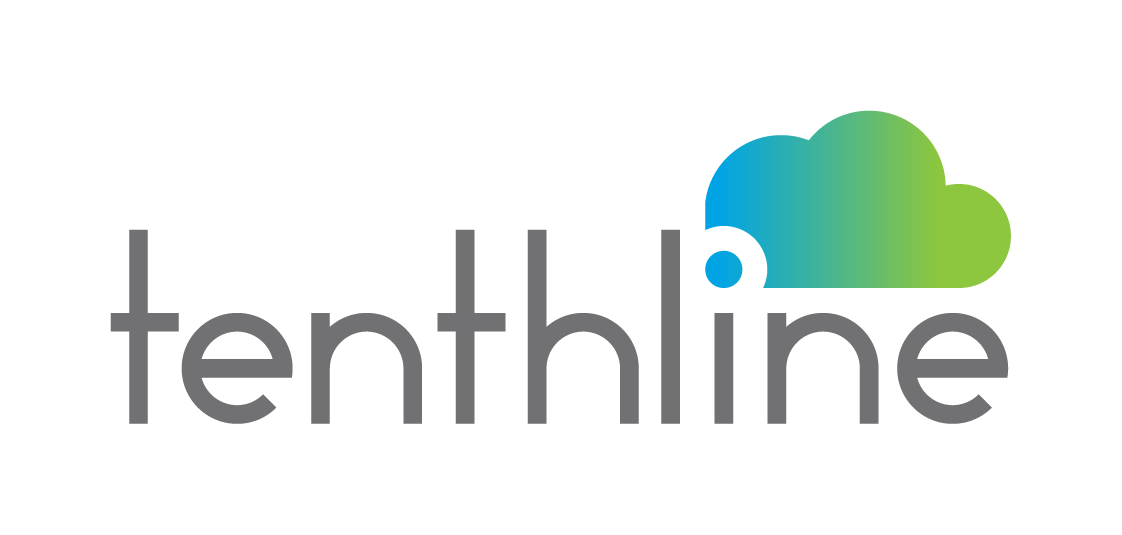Alfresco is a leading open-source Enterprise Content Management (ECM) system that enables organizations to manage and share content across multiple platforms, devices, and locations. It is designed to streamline business processes, improve collaboration, and provide secure access to content from anywhere in the world.
In this article, we will delve into the world of Alfresco and explore its features, benefits, and use cases.
What is Alfresco?
Alfresco is a modern ECM system that enables organizations to manage their content from creation to archival. It provides a single platform for managing documents, images, videos, and other types of digital assets.
Alfresco was founded in 2005 and is headquartered in Boston, Massachusetts, USA with offices in America, the UK and Australia and sales teams found worldwide. The company has a global customer base that includes large enterprises, government agencies, and small and medium-sized businesses. As of 2020, Alfresco is a subsidiary of Hyland.
Alfresco is built on open-source technology, which means that it is highly customizable and can be tailored to meet the specific needs of each organization. The platform is also scalable and can grow with organizations as their content management needs evolve.
Features of Alfresco
Alfresco offers a wide range of features that enable organizations to manage content more effectively. Some of the key features of the platform include:
- Document management: Alfresco enables users to store, organize, and manage documents in a centralized repository. It provides version control, check-in and check-out, and workflow management capabilities.
- Content collaboration: Alfresco enables teams to collaborate on content in real-time, regardless of their location or device. It provides commenting, annotations, and file sharing capabilities.
- Records management: Alfresco enables organizations to manage records in compliance with regulatory requirements. It provides retention policies, disposition schedules, and audit trails.
- Digital asset management: Alfresco enables organizations to manage images, videos, and other digital assets. It provides metadata management, asset searching, and asset preview capabilities.
- Content migration: Alfresco enables organizations to migrate their content from legacy systems to the Alfresco platform. It provides tools for content analysis, mapping, and transformation.
Benefits of Alfresco
Alfresco offers several benefits to organizations that adopt the platform. Some of the key benefits include:
- Increased efficiency: Alfresco enables organizations to streamline their business processes and reduce the time and effort required to manage content.
- Improved collaboration: Alfresco enables teams to collaborate on content in real-time, which improves communication and productivity.
- Enhanced security: Alfresco provides robust security features that protect content from unauthorized access and ensure compliance with regulatory requirements.
- Scalability: Alfresco is highly scalable and can grow with the organization as its content management needs evolve.
- Cost savings: Alfresco is an open-source platform, which means that organizations can avoid the high costs associated with proprietary software.
Use cases of Alfresco
Alfresco has been adopted by organizations in a wide range of industries, including healthcare, finance, government, and education. Some of the common use cases of the platform include:
- Document management: Alfresco enables organizations to manage their documents in a centralized repository, which improves document security and reduces the risk of data loss.
- Records management: Alfresco enables organizations to manage their records in compliance with regulatory requirements, which reduces the risk of legal and financial penalties.
- Digital asset management: Alfresco enables organizations to manage their digital assets, such as images and videos, which improves brand consistency and enhances customer engagement.
- Content migration: Alfresco enables organizations to migrate their content from legacy systems to the Alfresco platform, which reduces the time and effort required to manage content.
Alfresco is a powerful ECM system that offers a wide range of features and benefits to organizations that adopt it. It provides a single platform for managing documents, images, videos, and other types of digital assets, and is highly customizable and scalable.
Alfresco offers several benefits to organizations, including increased efficiency, improved collaboration, enhanced security, scalability, and cost savings. The platform has been adopted by organizations in a wide range of industries, including healthcare, finance, government, and education.
In conclusion, Alfresco is a powerful ECM system that enables organizations to manage their content effectively. Its wide range of features and benefits make it a popular choice for organizations of all sizes, and its open-source technology provides a flexible and cost-effective solution for content management. Whether you are looking to streamline your document management, improve collaboration, or manage your digital assets, Alfresco can provide the tools and capabilities you need to succeed.


Leave A Comment